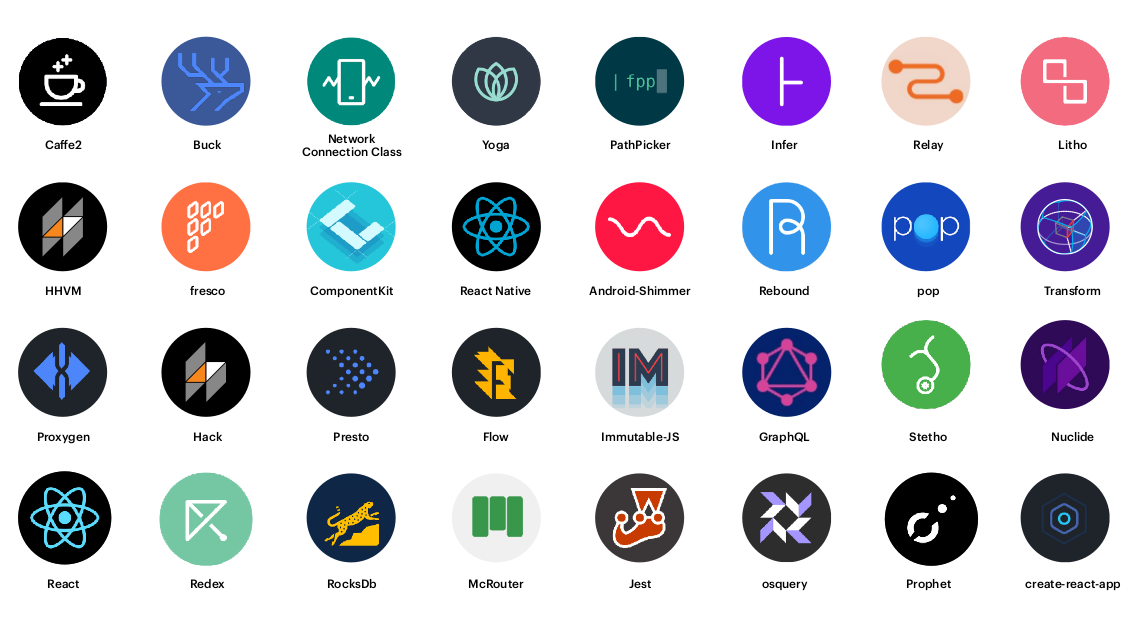Discover how to start your journey as a teen web developer with this comprehensive guide. Learn the steps to build a strong foundation, develop your skills, and succeed in this in-demand field. Follow our practical tips and resources to kickstart your web development career today.
Step 1: Understand the Basics of Web Development
it involves designing, creating, and maintaining websites. There are two main categories of web development: front-end (client-side) and back-end (server-side). Front-end developers focus on the visual aspects of a website, while back-end developers work on the functionality and logic behind it. Familiarize yourself with the basics of both front-end and back-end development to determine which area interests you the most.
Step 2: Learn HTML, CSS, and JavaScript
As a web developer, you’ll need to learn the three core languages of web development: HTML, CSS, and JavaScript. HTML (Hypertext Markup Language) structures the content of a website, CSS (Cascading Style Sheets) controls the styling and layout, and JavaScript adds interactivity and dynamic elements. Mastering these languages is essential for both front-end and back-end developers.
This video may help you.
Step 3: Explore Web Development Tools and Frameworks
There are various tools and frameworks available to streamline and enhance the web development process. Some popular front-end frameworks include Bootstrap, Angular, and React, while back-end developers often use Node.js, Express, and Django. Familiarize yourself with these tools and frameworks, and choose the ones that best suit your needs and interests.
Step 4: Build Your Own Projects
Practice your web development skills by working on personal projects. Start with simple tasks, such as creating a basic website or blog, and gradually move on to more complex projects, such as building a web app or an e-commerce site. This hands-on experience will help you gain a deeper understanding of web development concepts and solidify your skills.

Step 5: Participate in Online Communities
Join online forums, social media groups, and other web development communities to connect with fellow developers, ask questions, and share your work. Engaging with others in the field will help you learn from their experiences, stay updated on industry trends, and expand your network.
Step 6: Create an Online Portfolio
An online portfolio is essential for showcasing your skills and projects to potential clients and employers. Include examples of your best work, a brief introduction about yourself, and your contact information. As you complete new projects, update your portfolio to reflect your growth and accomplishments.
Step 7: Gain Experience Through Internships and Freelance Work
Seek out internships and freelance opportunities to gain professional experience and build your resume. Internships can provide valuable mentorship and networking opportunities, while freelancing allows you to work on diverse projects and develop a client base. Both options will help you hone your skills and gain confidence as a web developer.
Step 8: Stay Current with Industry Trends and Technologies
The world of web development is constantly evolving, so it’s essential to stay informed about new technologies, tools, and best practices. Follow industry blogs, attend web development conferences, and participate in online courses to continue learning and improving your skills.
Step 9: Consider Pursuing a Formal Education
Although a formal education is not always required to become a web developer, pursuing a degree or certification in a related field can provide a strong foundation and enhance your credibility. Possible paths include computer science, web development, or graphic design. Research various educational programs to determine which one best aligns with your goals and interests.
Step 10: Network with Professionals in the Field
Networking is crucial for career growth and success. Attend industry events, workshops, and meetups to connect with other web developers, designers, and professionals in the tech industry. Networking can lead to job opportunities, partnerships, and valuable insights from experienced professionals.
Step 11: Contribute to Open Source Projects
Participating in open source projects is an excellent way to improve your skills, gain real-world experience, and demonstrate your expertise to potential employers. Many popular web development tools and frameworks are open source, so find a project that aligns with your interests and skillset, and start contributing.

Step 12: Develop Your Soft Skills
Soft skills, such as communication, teamwork, and problem-solving, are essential for a successful career in web development. As a web developer, you’ll often work with clients, designers, and other developers, so it’s crucial to be able to effectively communicate your ideas and collaborate on projects. Develop your soft skills by participating in group projects, taking on leadership roles, and practicing active listening.
Step 13: Set Goals and Track Your Progress
Establish clear goals for your web development journey, and regularly assess your progress towards achieving them. This will help you stay motivated, identify areas for improvement, and celebrate your accomplishments along the way. Be patient and persistent – becoming a successful web developer takes time and dedication.
Step 14: Promote Your Services
As you gain experience and confidence in your abilities, start promoting your web development services to potential clients. Leverage your online portfolio, social media presence, and professional network to generate leads and showcase your skills. Offer a range of services tailored to different industries and client needs to maximize your potential income.
Step 15: Stay Updated on Industry Trends and Technologies
Web development is a constantly evolving field with new technologies, frameworks, and best practices emerging all the time. Stay up-to-date with the latest industry trends by subscribing to web development blogs, podcasts, and newsletters. Join online communities and forums where web developers discuss new tools and techniques, share advice, and collaborate on projects. Staying informed and adaptable will make you a more competitive and successful web developer in the long run.
Step 16: Find a Mentor or Join a Web Development Group
Learning from experienced web developers can significantly accelerate your progress and help you avoid common pitfalls. Seek out a mentor who is willing to share their knowledge, provide guidance, and offer constructive feedback on your work. Alternatively, join a web development group, either online or in-person, to connect with like-minded individuals who can support and motivate you on your journey.
Step 17: Gain Experience Through Internships and Freelance Work
Hands-on experience is invaluable in the web development world. Look for internships, freelance work, or volunteer opportunities that allow you to apply your skills in real-world situations. Gaining practical experience will not only help you refine your skills, but also enhance your portfolio, making you more attractive to potential employers and clients.
Step 18: Learn How to Manage Your Time and Workload
As a web developer, you’ll often need to juggle multiple projects and deadlines. Learning how to effectively manage your time and workload is crucial for maintaining productivity and avoiding burnout. Implement time management techniques such as setting priorities, breaking tasks into smaller components, and using productivity tools like task managers and calendars to keep track of your commitments.
Step 19: Embrace Continuous Learning and Skill Development
Successful web developers recognize that their education doesn’t end once they’ve landed their first job or completed a course. Embrace a mindset of continuous learning and skill development to stay competitive in the industry. Regularly evaluate your skills and identify areas for growth, and don’t be afraid to invest in additional training, certifications, or courses to deepen your expertise.
Conclusion
Becoming a successful teen web developer requires dedication, patience, and a passion for learning. By following these steps and embracing the journey, you’ll develop the skills and experience necessary to thrive in this dynamic and rewarding field. Stay focused on your goals, and don’t be afraid to seek support and guidance from experienced professionals as you navigate your path to success.
Resources
-
- W3Schools – A comprehensive resource for learning web development languages and technologies.
- Stack Overflow – A popular Q&A community for web developers and programmers.
- CSS-Tricks – A popular blog that offers tips, tricks, and tutorials on CSS and web development.
- Udemy – An online learning platform offering a wide range of web development courses taught by industry experts.
Table of Contents

